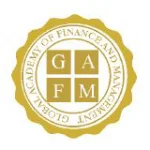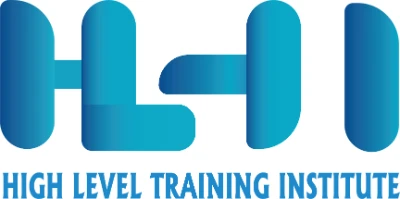MPAM Master Physical Asset Manager: With ISO 55000
Physical asset management is the management of fixed or non-current assets such as equipment, plant, buildings and infrastructure. This training program presents a systematic approach to the management of these assets from concept to disposal. It makes particular references to the ISO 55000 series of asset management standards.
Original price was: $3,790.00.$3,590.00Current price is: $3,590.00.
Location: Abidjan, Ivory Coast
Course Overview
Physical asset management is the management of fixed or non-current assets such as equipment, plant, buildings and infrastructure. This training program presents a systematic approach to the management of these assets from concept to disposal. It makes particular references to the ISO 55000 series of asset management standards. It provides the general principles of physical asset management, so as to make these accessible to a wide audience, and covers all stages of the asset management process, including initial business appraisal, identification of fixed asset needs, capability gap analysis, financial evaluation, logistic support analysis, life cycle costing, management of in service assets, maintenance strategy, outsourcing, cost-benefit analysis, disposal and renewal. Industries to which this is applicable include: electricity generation and supply; oil and gas; water; roads; railways; mining; aviation; shipping; hospitals; retail centers; manufacturing; distribution; defense facilities and defense materiel; recreation and sporting facilities and local government.
Benefits of Attending
- Understand the main contemporary concepts of Asset Management.
- Describe the aim, structure and activities of Asset Management.
- Describe the asset development process from concept to project approval and how asset management works with other parts of the organization in order to create sound development plans.
- Outline the principles and steps involved in developing a business case. Asset managers are frequently involved in developing business cases, which may range from the level of major capital projects to process improvements or systems changes.
- Present the steps involved in implementing an asset acquisition or development plan from project approval to introduction into service.
- Describe how to plan for the provision of assets which are required to meet an on-going need. This is a very common situation, in which demand for a type of asset continues into the future, but older items require replacement and variations occur, due to changes in demand levels and to technical developments.
- Consider capital budget prioritization based on returns, risks and criticality of assets.
- Describe the technique of life cycle costing and to illustrate it with an example and consider the concept of economic life which provides a theoretical basis for deciding how long a life cycle should be considered.
- Present the various reasons for considering replacement of equipment, and to show how replacement decisions can be analyzed.
- Draw attention to the need for asset managers to be familiar with their assets in a technical, business and operational context.
- Outline the functions of an asset management information system and to consider issues relating to the use, resourcing and operation of the system.
- Describe the features and organizational structures used in asset management and maintenance from good housekeeping through first line and second line maintenance.
- Understand key elements of reliability, availability and maintainability from an asset management perspective.
- Describe the various aspects of inventory management required for asset management.
- Understand indicators of asset performance.
- Describe ISO 55000 Series Standards.
Who Should Attend
This program is designed for VPs, Heads, Directors, Chiefs, Managers, Superintendents, Team Leaders and Engineers who focus on dealing with integrity of plant and facilities assets such as:
- Asset Integrity
- Plant Management
- Reliability
- Asset Management
- Engineering
- Facilities Management
- Production
- Corrosion Management
- Operations
- Maintenance
- Quality Assurance
- Utilities
- OHSE
- Asset Integrity
- Project Engineering and management
- Operations
- Production
- Process Engineering
- Inspection
Certification Body

The GAFM was founded in 1996 by the original founders of the Graduate Leadership Society. The Founders of our Standards Board are CEOs, Executives, Professors, and industry experts from around the globe. We desire to raise education standards and ethics in the business and management industries. The Standards Policy Board awards specialized board certifications, designations, and charters in the fields of: finance, accounting, management, and consulting fields to qualified professionals who have completed internationally recognized or accredited exams & education, government recognized degrees and documented management credentials and experience. Since 1996, the Academy has been promoting accredited graduate standards for certification in business, management, law, and finance. Since the inception with the founding of the Graduate Institute of Leadership in 1996, the Academy has been focused on quality assurance with accredited education, exams, assessment, education, ethics, and continuing education. Further, applicants must also have the necessary experience in practice, research or publications in their respective areas of expertise.





